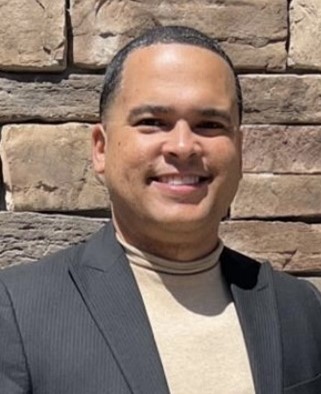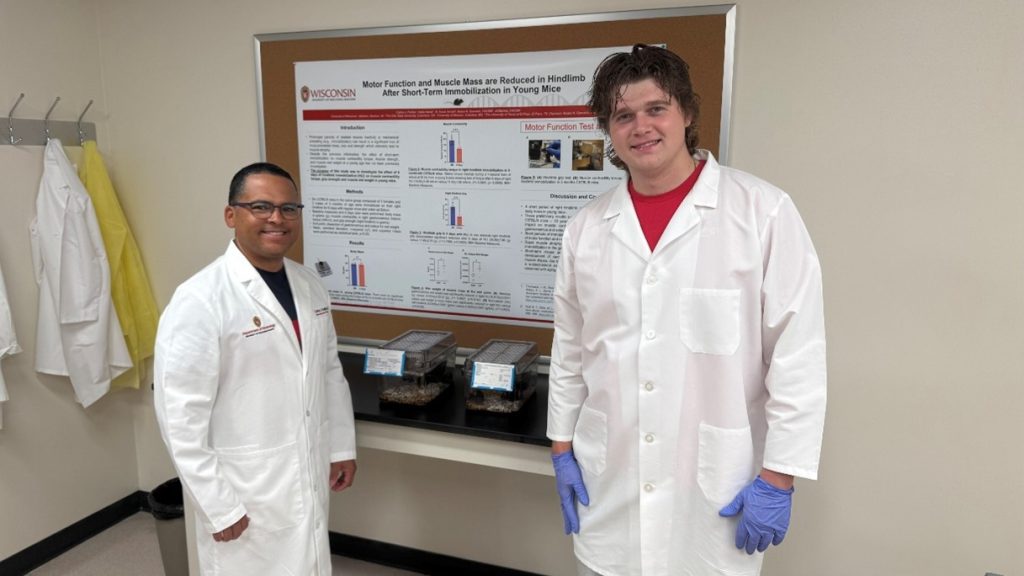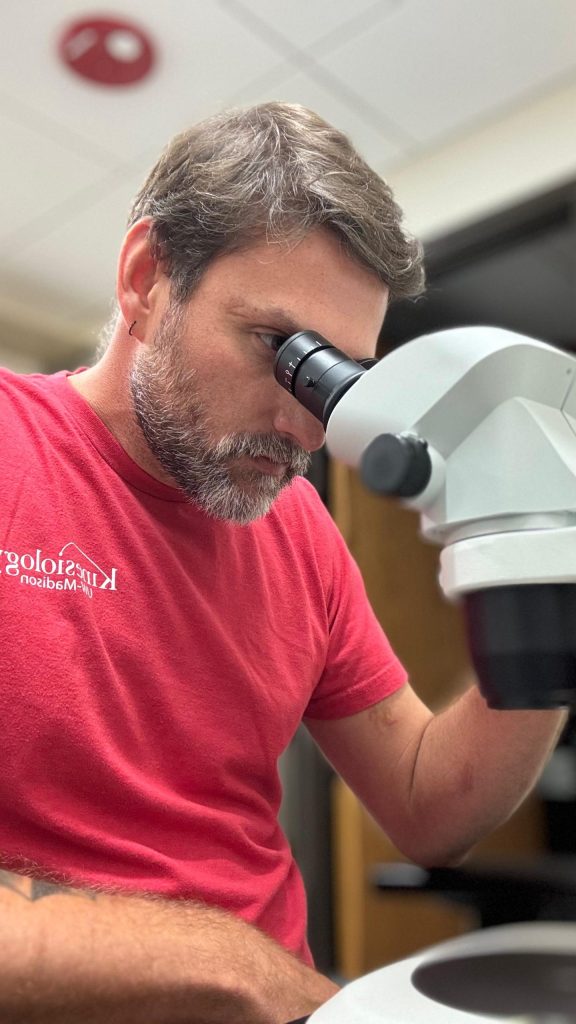 Dr. Padilla’s Neuromuscular Physiology, Muscle Function, and Aging Lab is dedicated to uncovering the neuromuscular mechanisms that contribute to age-related declines in physical function. Our research aims to develop and advance interventions that preserve muscle mass, strength, and motor performance across the lifespan. Using mouse and rat models, we strive to improve mobility, independence, and overall quality of life during aging.
Dr. Padilla’s Neuromuscular Physiology, Muscle Function, and Aging Lab is dedicated to uncovering the neuromuscular mechanisms that contribute to age-related declines in physical function. Our research aims to develop and advance interventions that preserve muscle mass, strength, and motor performance across the lifespan. Using mouse and rat models, we strive to improve mobility, independence, and overall quality of life during aging.
Vision and Mission
The overarching goal of our research is to understand the neuromuscular mechanisms underlying age-related physical functional decline, particularly the loss of muscle mass, strength, and motor performance. Sarcopenia, the age-related loss of muscle size and strength, affects nearly 50% of adults over the age of 80, severely impairing independence and increasing the risk of falls. Despite its prevalence, most research has focused on muscle atrophy, often overlooking the critical role of neural mechanisms in sarcopenia. Our work addresses this gap by investigating how the decline of motor neurons and neuromuscular function contributes to reduced physical function with aging, and how targeted interventions may help preserve it. We also explore how factors such as metabolic syndrome, diet, and nutritional interventions interact with aging and neuromuscular health. This research is essential to combat the global rise in muscle weakness and functional loss, an urgent and underexplored public health challenge.
Location:
Padilla’s Lab
Department of Kinesiology
Neuromuscular Physiology, Muscle Function and Aging Lab
School of Education
UW – Madison
1215 Linden Dr, 2385 Medical Sciences, Madison, WI 53706
Contact:
cpadilla4@wisc.edu
(608) 265-1135
Photos







